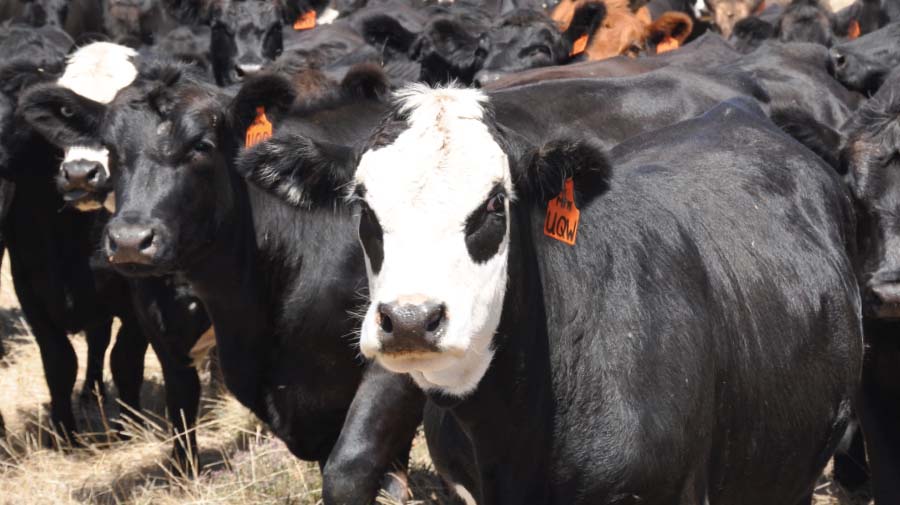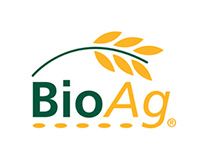
Latest
News
Duck Island connection
There is a natural connection between Duck Island and BioAg. We both question convention and apply solutions to problems based on evidence.
Duck Island is a large grazing property in the Upper South East of South Australia, situated on the saline soils of the Ninety Mile Desert.

“… there has been a program of restoring soil health through development of microbial life affected by conventional farming and natural occurrences.”
The land, once officially considered valueless by the SA Department of Agriculture, is now covered in healthy pasture and turns off prime beef at a decent profit. But you have to look below the soil and across all aspects of farm management to see why things are so good compared to a time when prospects looked so bad.
Everything that is part of the landscape, and connections between all parts, are respected by owner/manager James Darling.
“At one level there has been a program of restoring soil health through development of microbial life affected by conventional farming and natural occurrences,” James said.
“At another, an appreciation that high salinity will persist (due to geological history) has meant an innovative approach to salinity management.”
For both of these matters there are connecting considerations, like maintaining cover over the ground during summer, which in turn influences grazing management. The cover produced by healthier soil also has a mitigation role when flooding occurs across lower-lying areas of the property.
The landscape model, however, is more than the concept of whole farm management. It is a design that shapes everything – from where and how fences are constructed, to the way we respond to the natural environment.
It is perhaps the response to nature that is the most obvious difference seen at Duck Island. For example, rather than the widely-accepted deep drains of the region, there are banks and shallow drains to hold and spread water. Effects of salinity are reduced by pasture selection, expansion of native vegetation, and grazing management.
Quantifiable improvements to soil health include increased microbial activity and higher organic carbon.
BioAg is proud to be associated with the Duck Island success story, providing nutrient advice and products where needed. BioAgPhos, for instance, has been an ideal fit given the fact this biologically enhanced high grade reactive rock fertiliser is able to supply all its P as a combination of immediately available and sustained release P.

Recent Comments